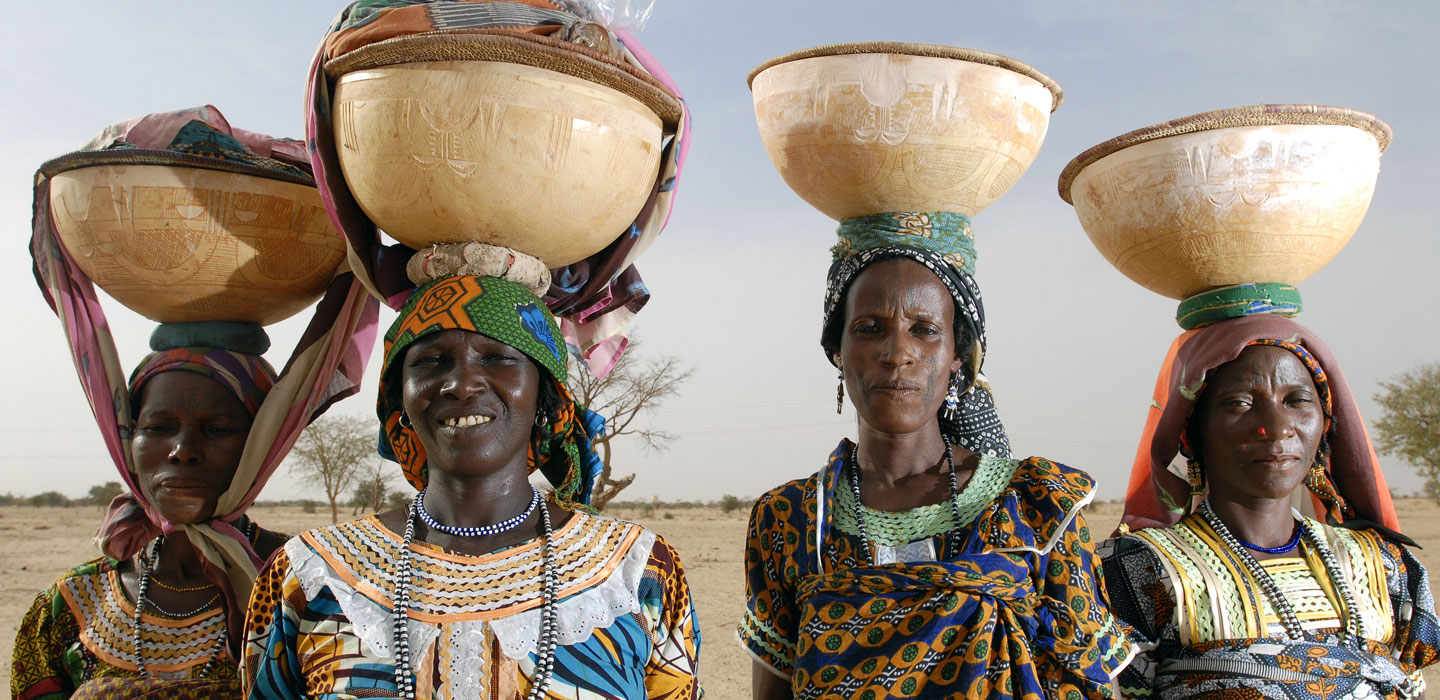Outils et directives
Outils et directives

Outils et directives
Menu Affichage
Search Results Filters
Résultats de recherche
How to do note: Design of gender transformative smallholder agriculture adaptation programmes
janvier 2018
This How to Do Note (HTDN) is intended to provide guidance on how to design smallholder agriculture adaptation programmes that consider the differential impacts of climate change on women, men and youth smallholder farmers. This includes recognizing that programme interventions – from design to staffing to capacity development of beneficiaries and local organizations – need to consider how gender will affect sustainability and impact. The experiences, social positions and differing access to resources of marginalized populations are fundamental considerations in the design, implementation, and monitoring and evaluation of gender transformative smallholder agriculture adaptation programmes.
Belize: Country Technical Note on Indigenous Peoples Issues
décembre 2017
To facilitate policy implementation at the country level, IFAD‟s Policy on Engagement with Indigenous Peoples (2009) recommended that Country Technical Notes be prepared to provide country-specific information on indigenous peoples, as well as to contribute to the development of country programme strategies and project design.
Remote sensing for index insurance - Findings and lessons learned for smallholder agriculture
octobre 2017
Index insurance has a role to play in agricultural development and risk management, yet it faces operational and technical challenges to reach scale and sustainability. Data are a key challenge and were the focus of the project “Improving Agricultural Risk Management in Sub-Saharan Africa: Remote Sensing for Index Insurance”. Limited availability, accessibility, quantity and poor quality of data on the ground are some of the primary technical constraints preventing scale-up and sustainability of index insurance. Without sufficient quality data, either it is impossible to design products for some areas and countries, or products that are designed can become unreliable, not compensating when they should. These inconsistencies intensify vulnerability, lead to distrust of insurance, and ultimately have an impact on demand. This publication details the project, which investigated overcoming issues with ground data by using remote sensing data for index insurance. It describes the different remote sensing options and opportunities available for index insurance, but it also recommends further investment in research and development, supplementary ground data and capacity-building going forward.
Note pratique: Ciblage de la pauvreté, égalité des sexes et autonomisation dans le cadre de la conception des projets
août 2017
La présente note pratique fournit des orientations sur la prise en compte du ciblage de la pauvreté, de l’égalité des sexes et de l’autonomisation des femmes dans la conception des projets du FIDA, des travaux préparatoires à la rédaction du rapport, en passant par la mission de conception.
Boîte à outils: Ciblage de la pauvreté, égalité des sexes et autonomisation des femmes
juin 2017
Le ciblage de la pauvreté, l'égalité des sexes et l'autonomisation des femmes sont les pierres angulaires de l'action menée par le FIDA pour réduire la pauvreté rurale et l'insécurité alimentaire et nutritionnelle.